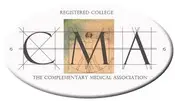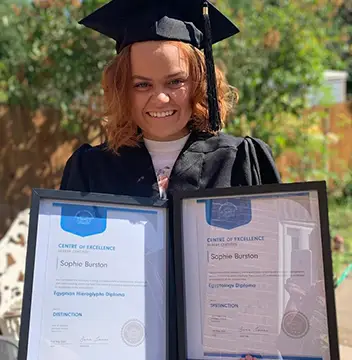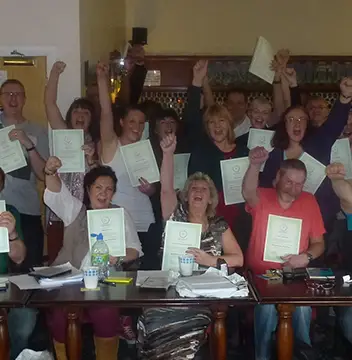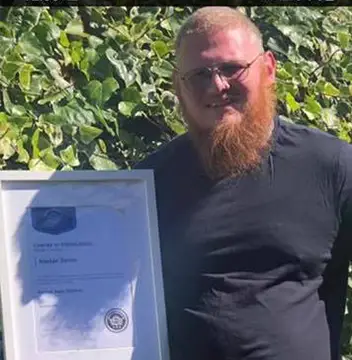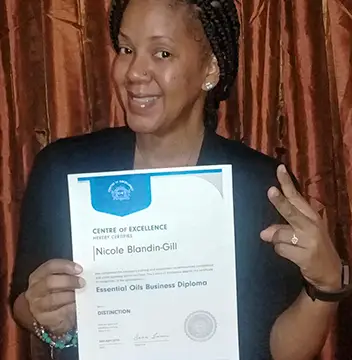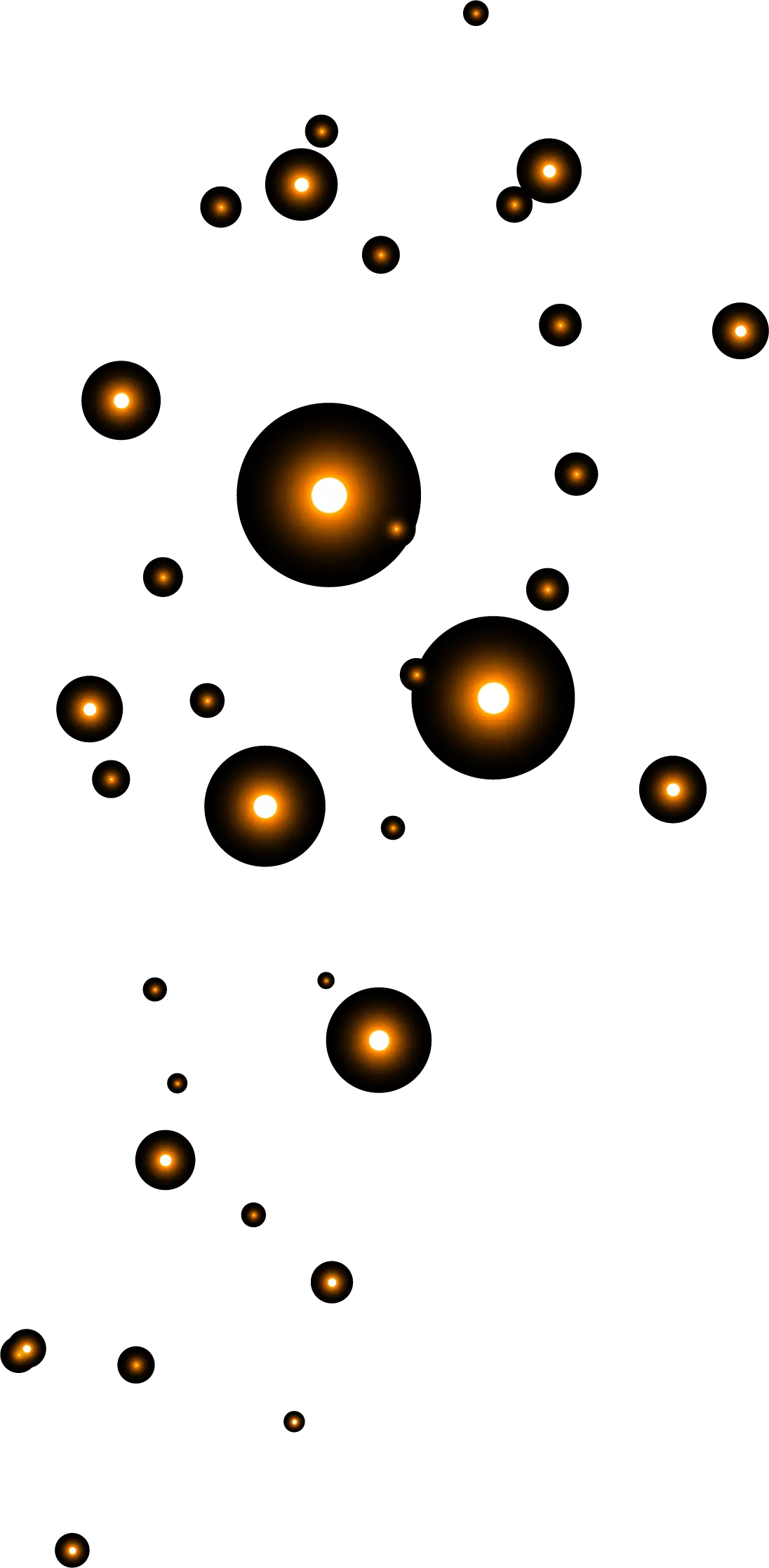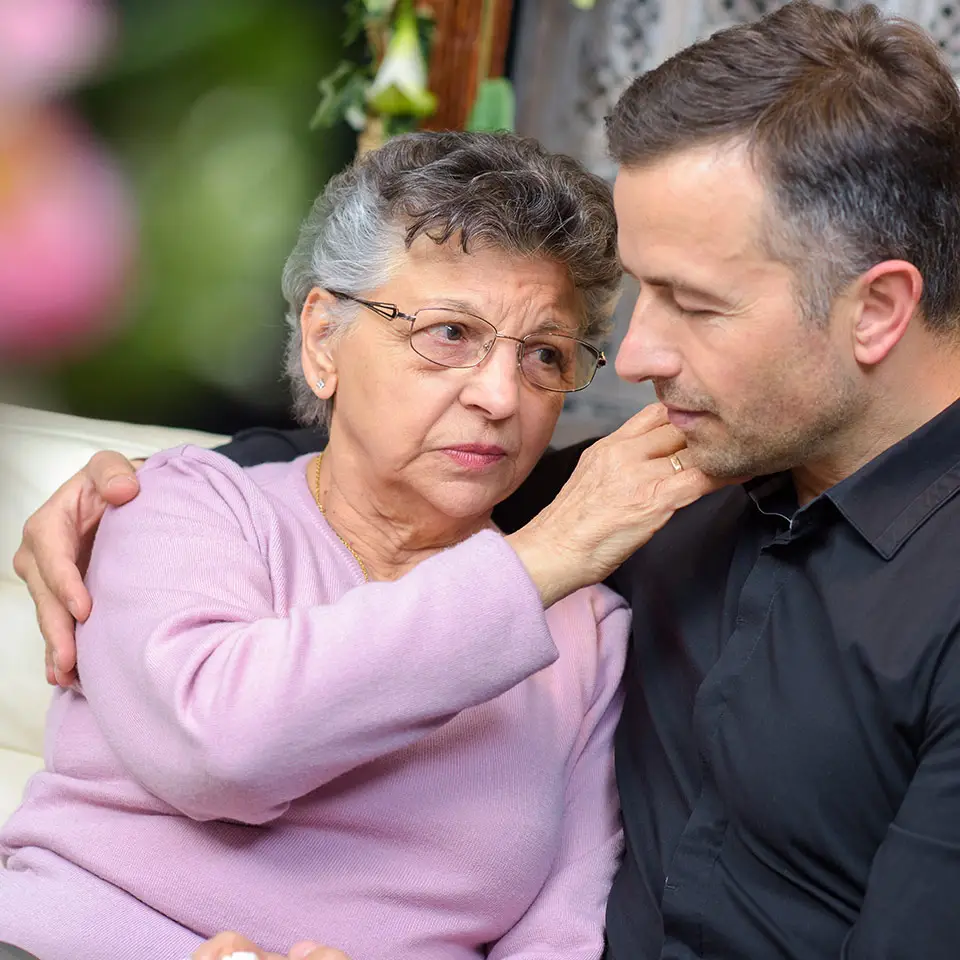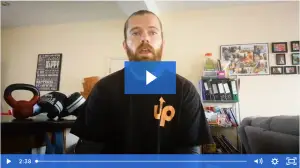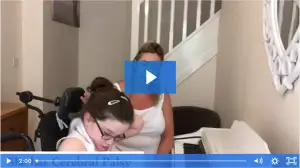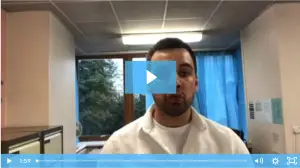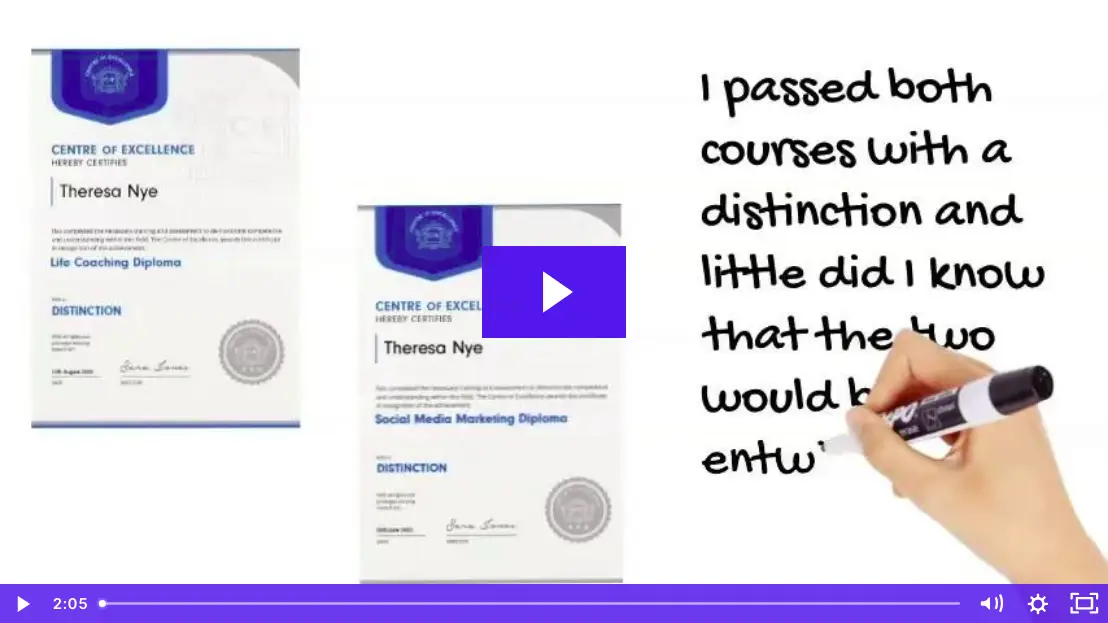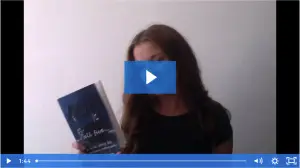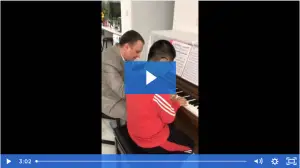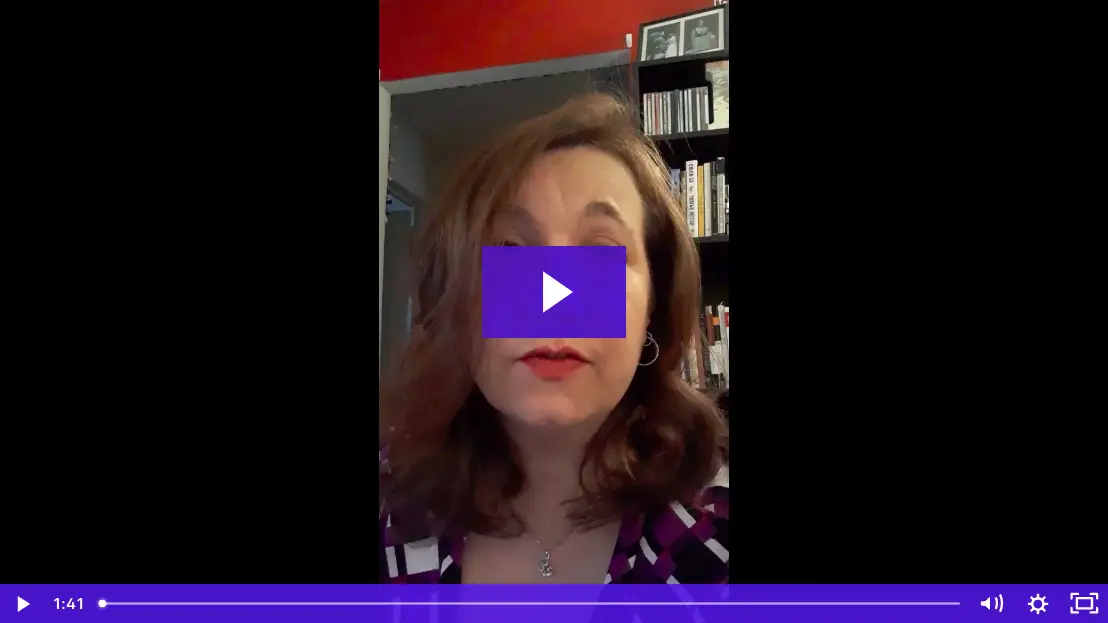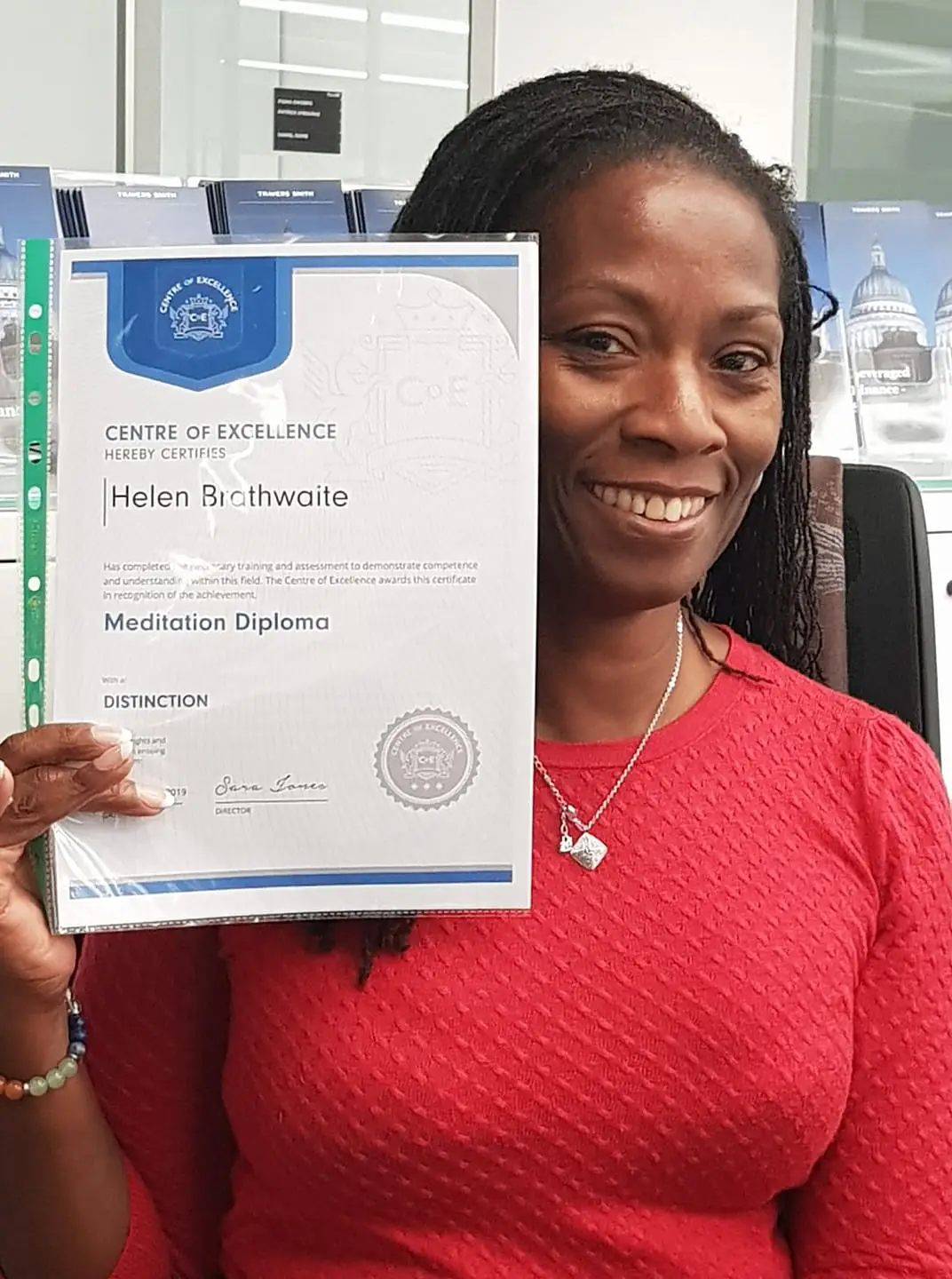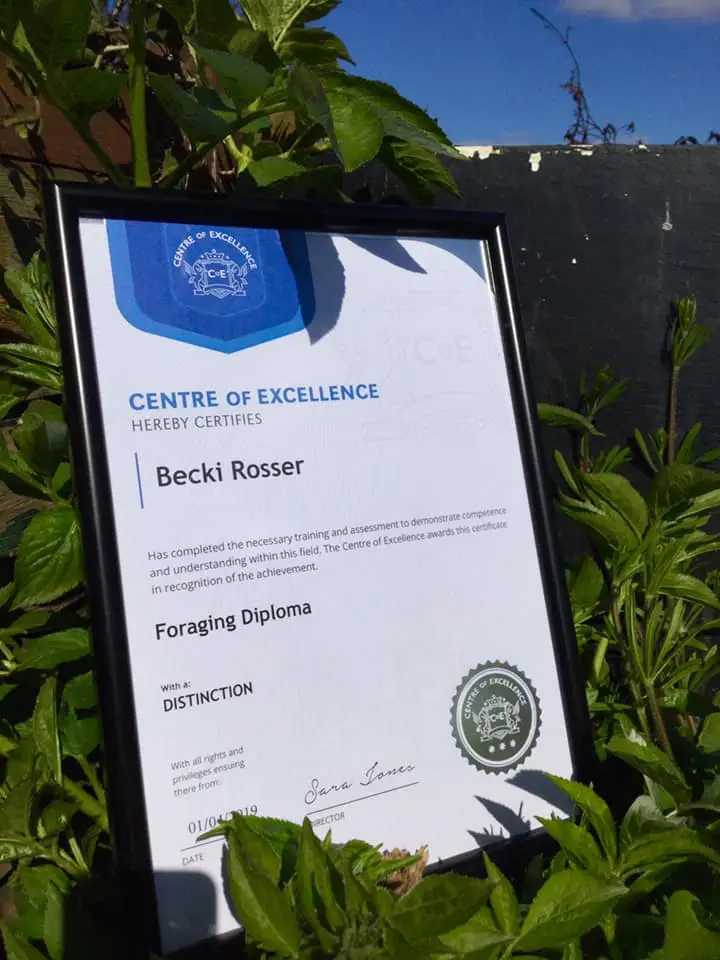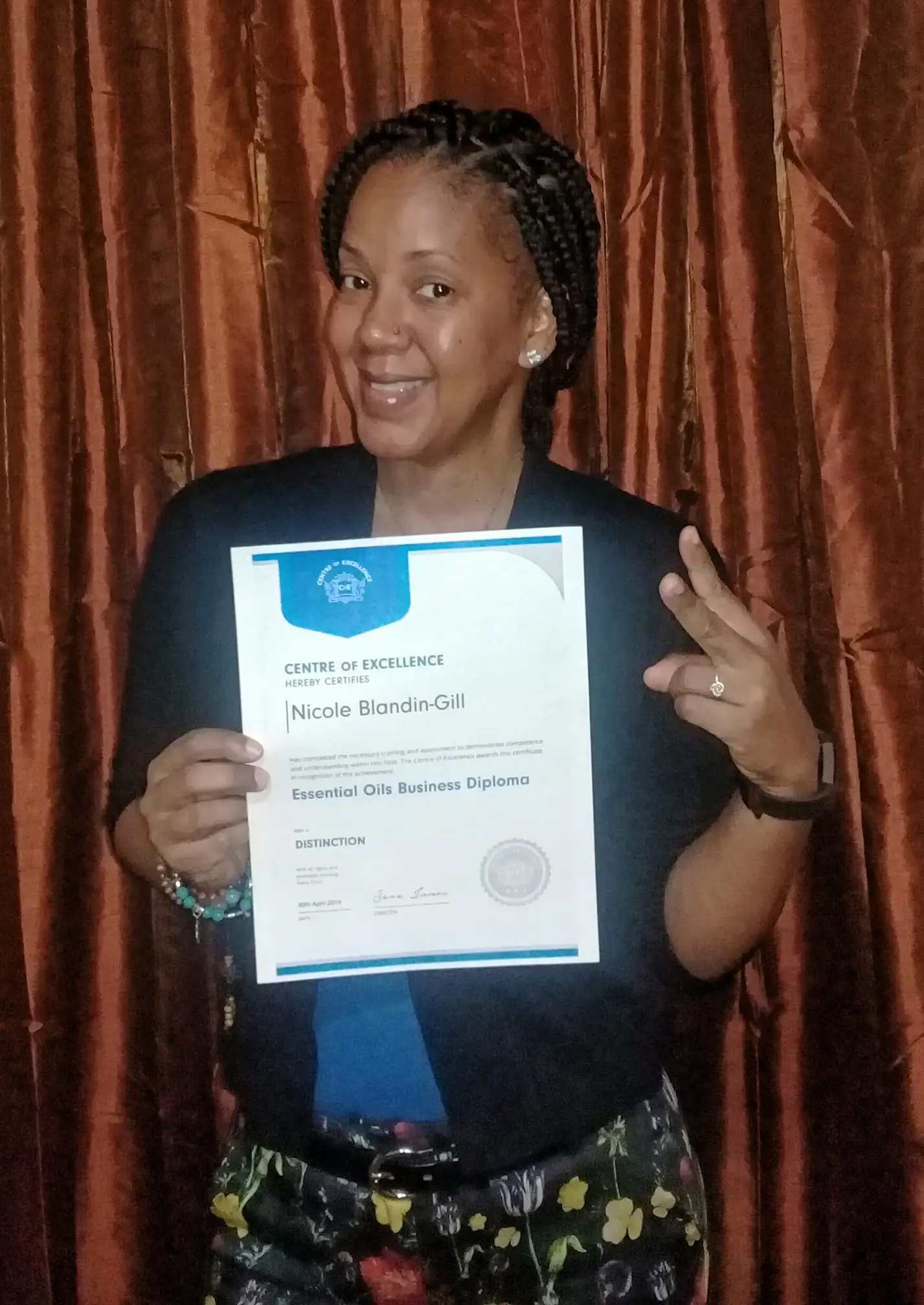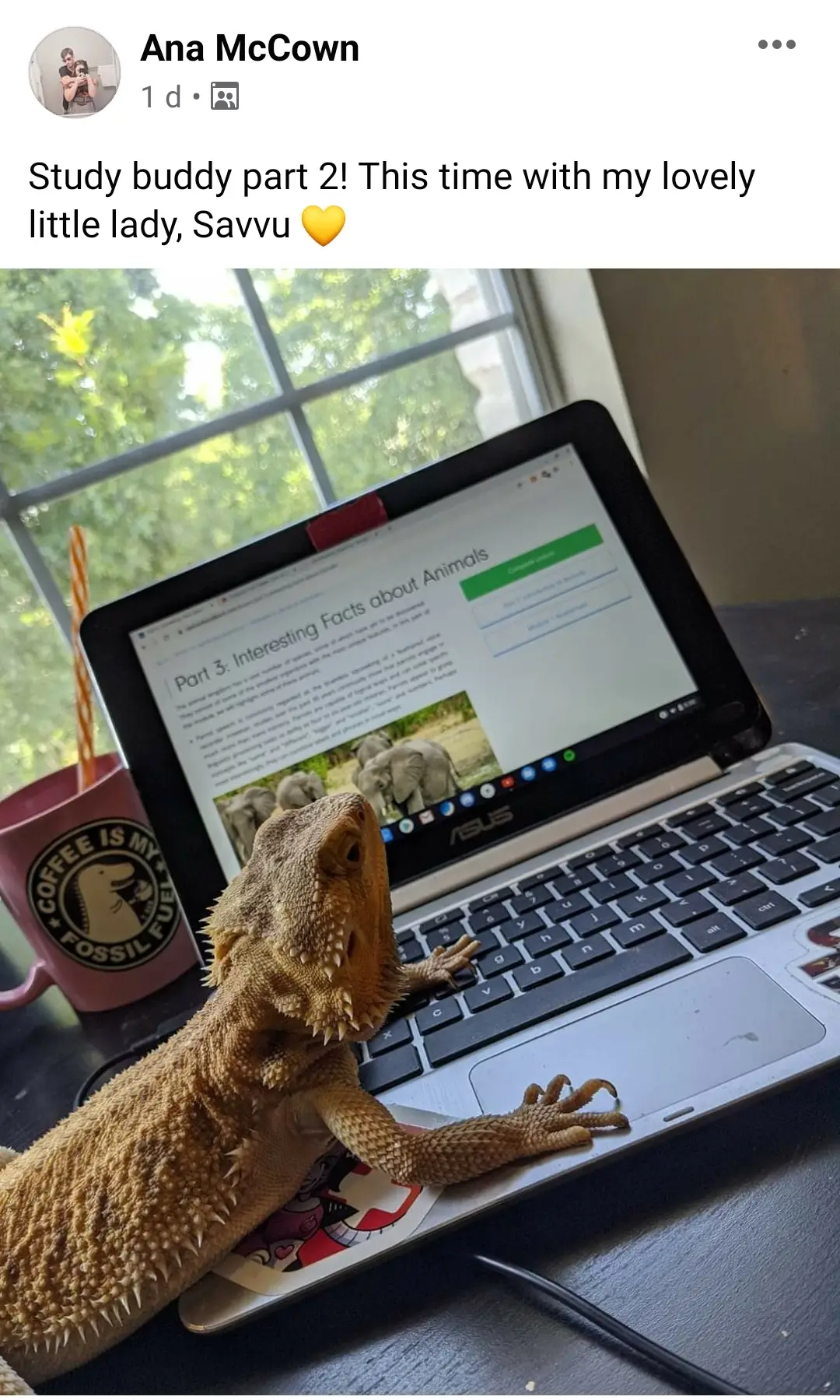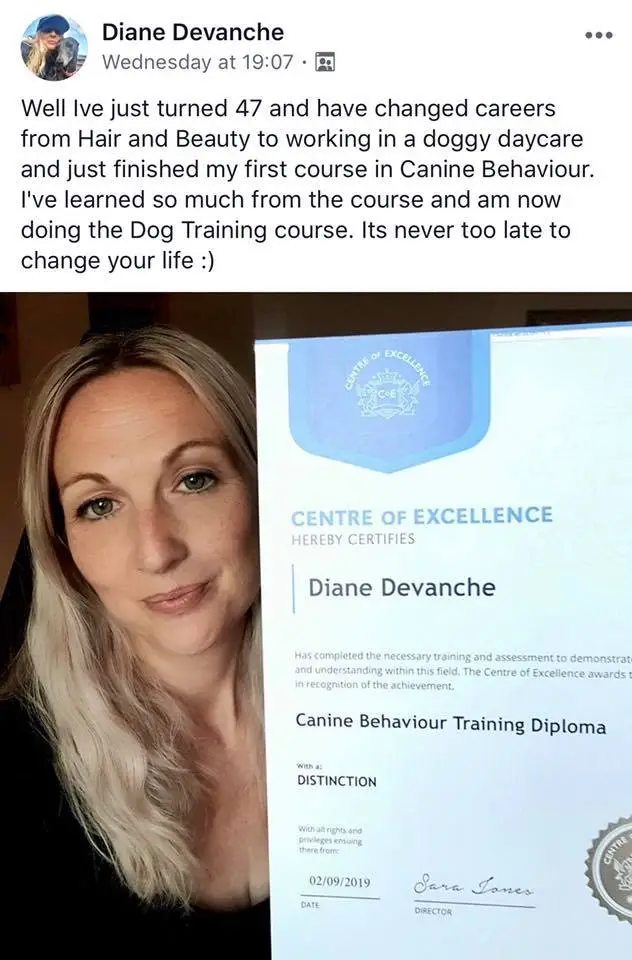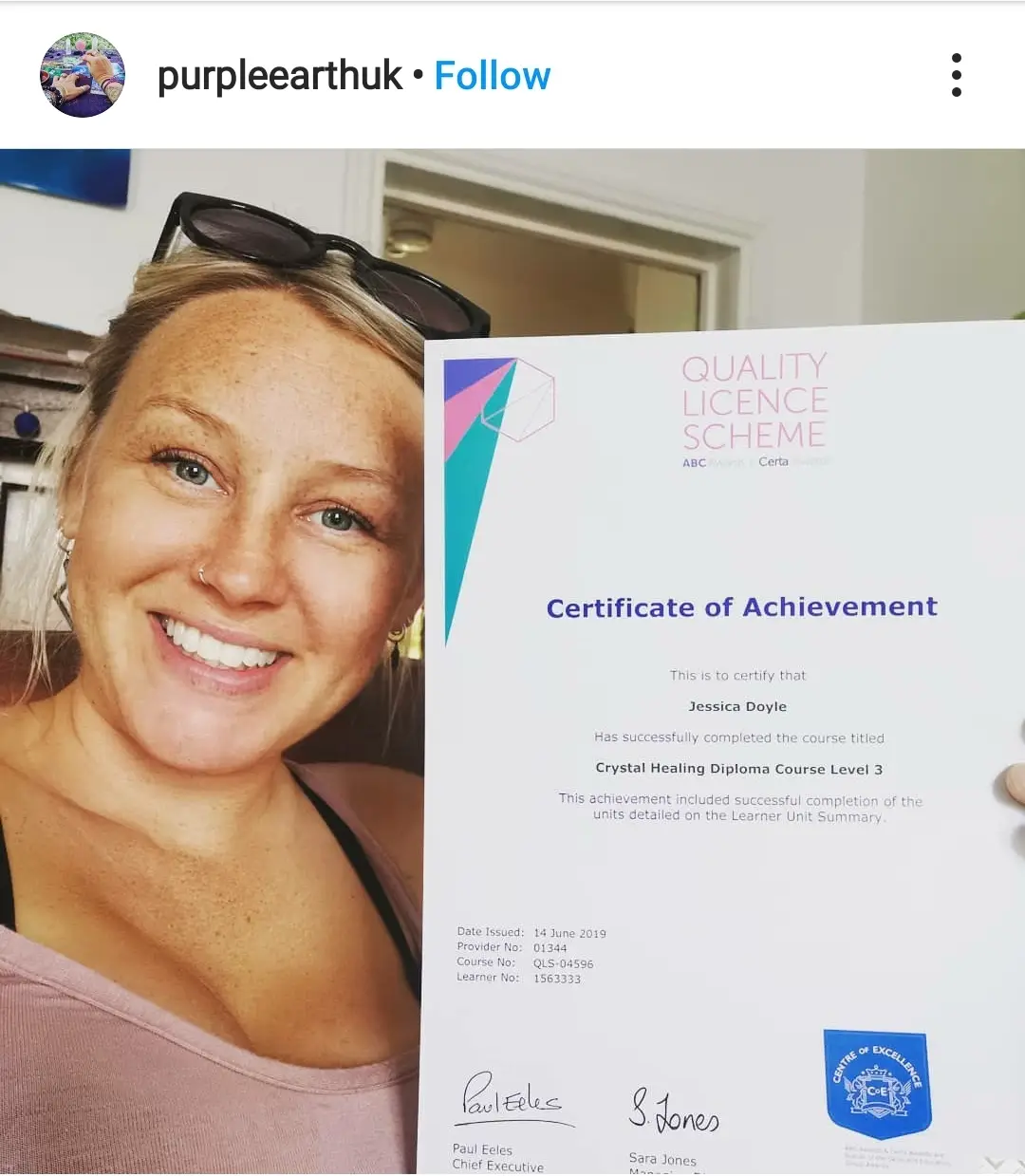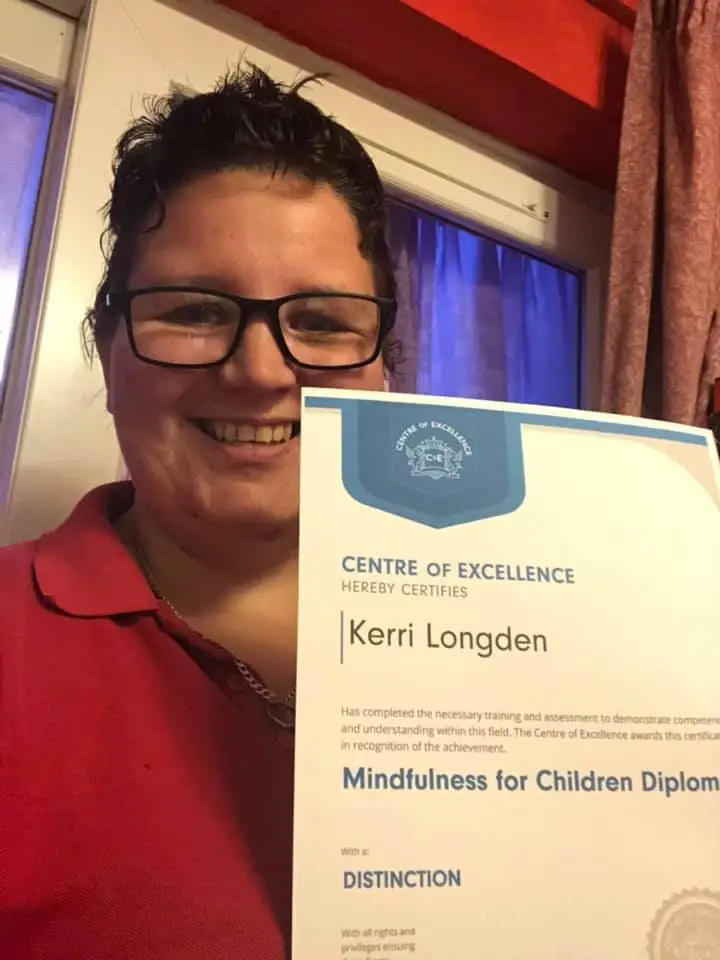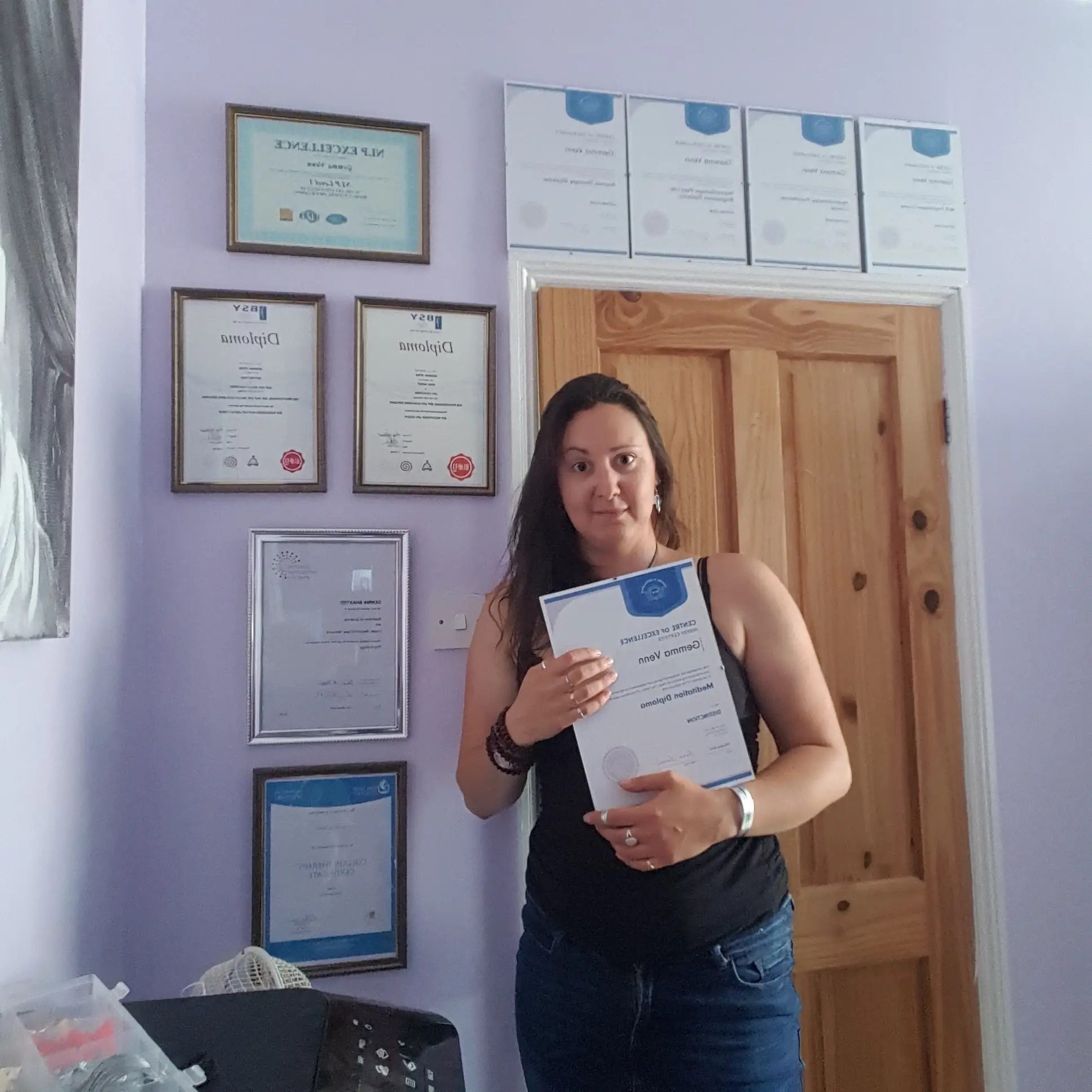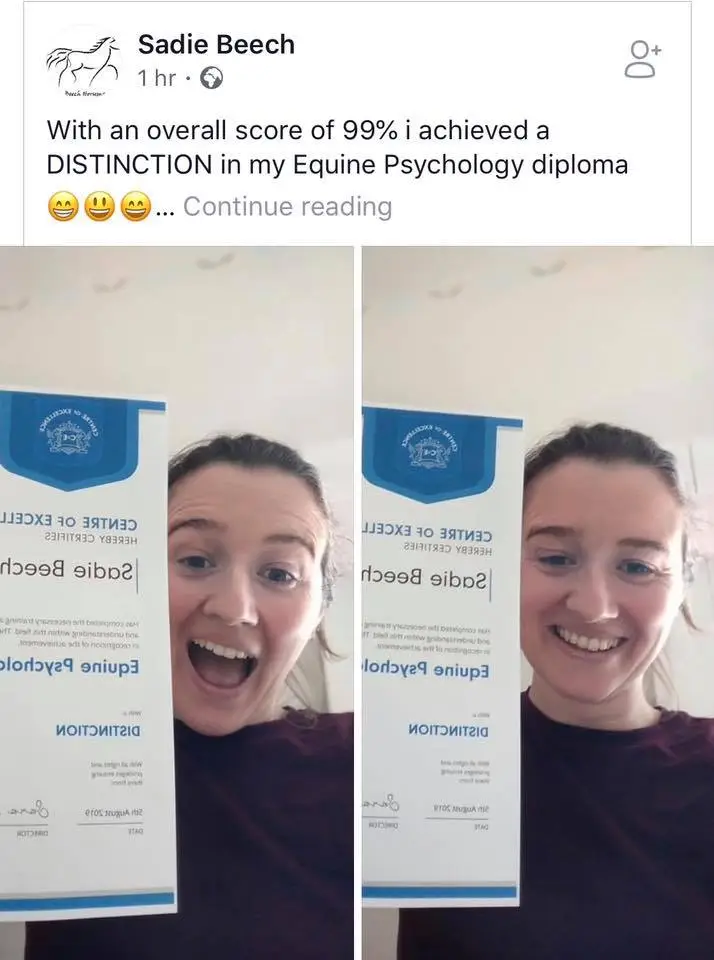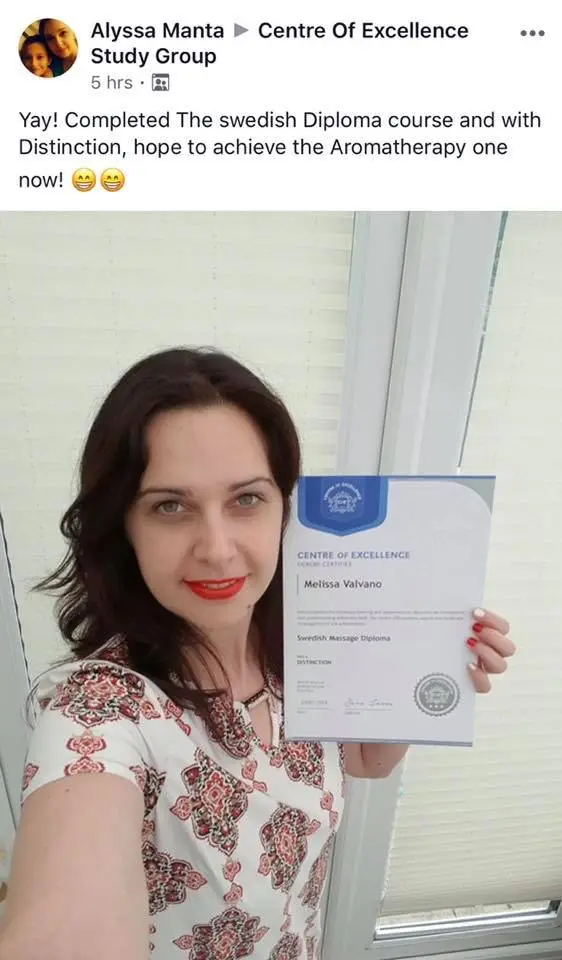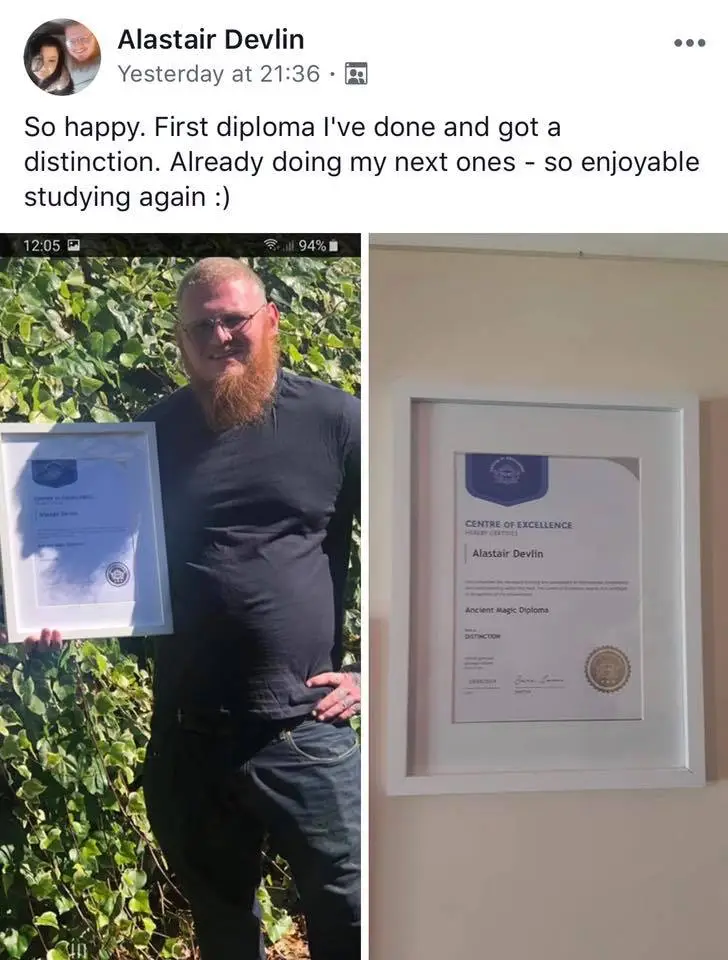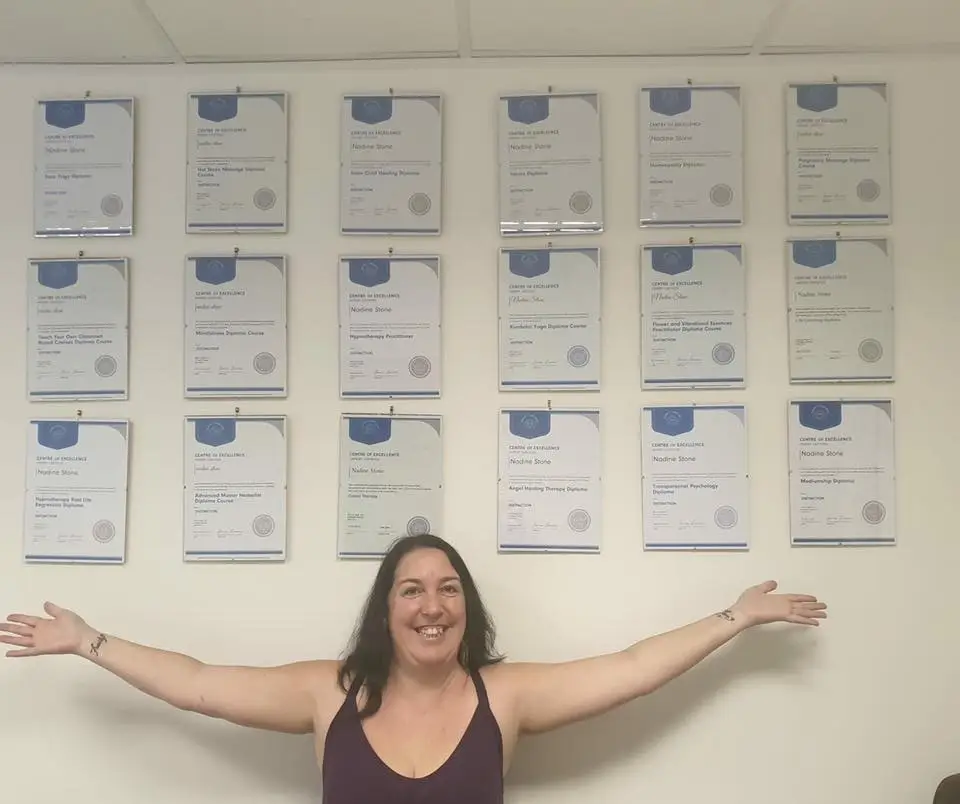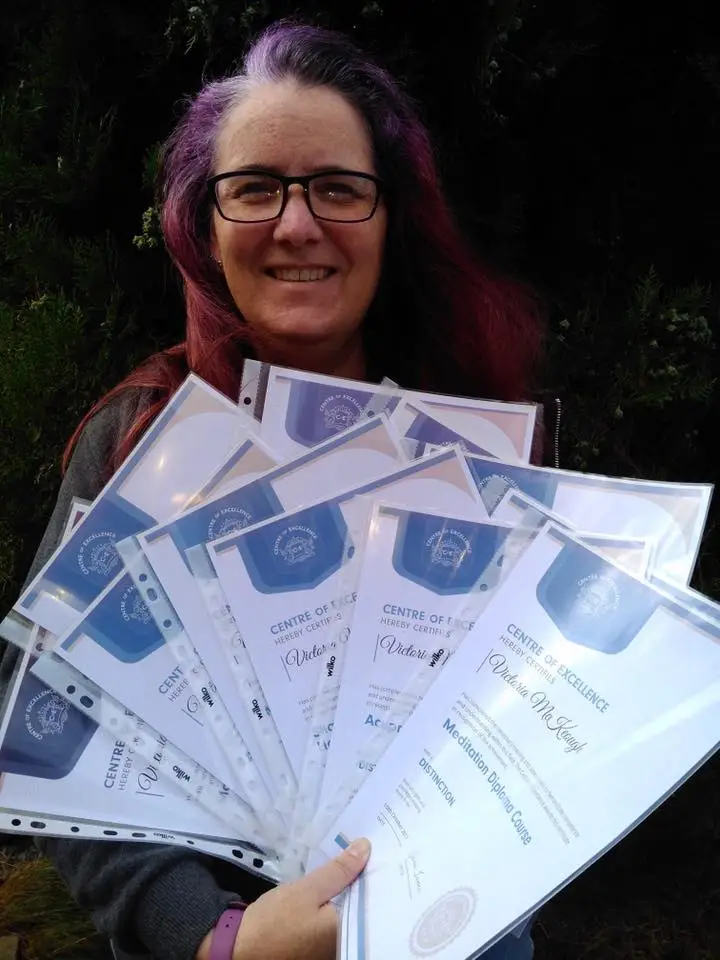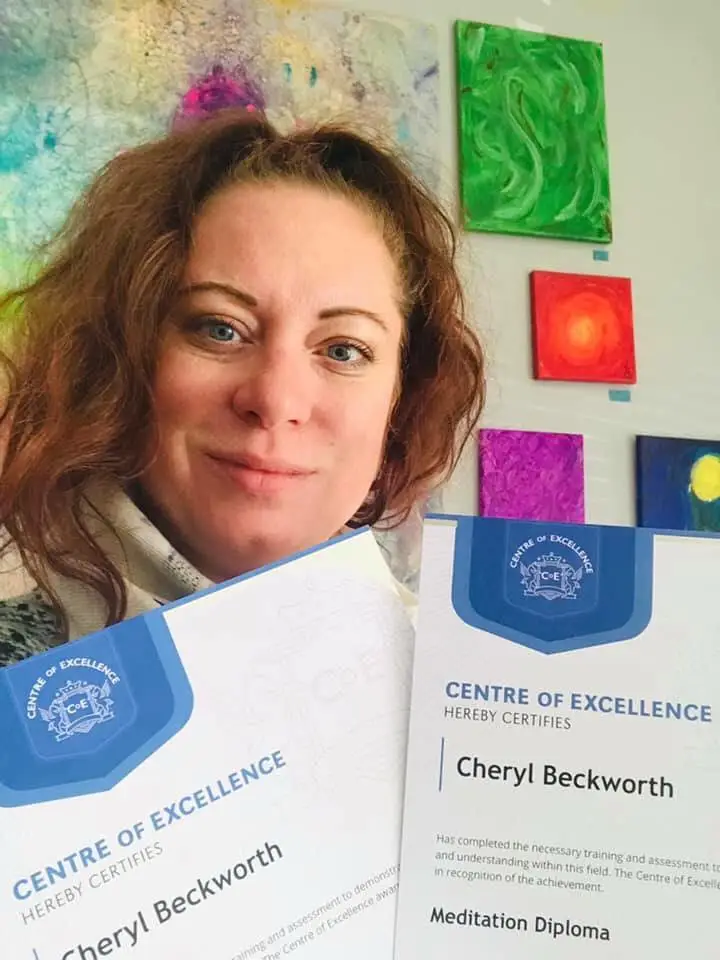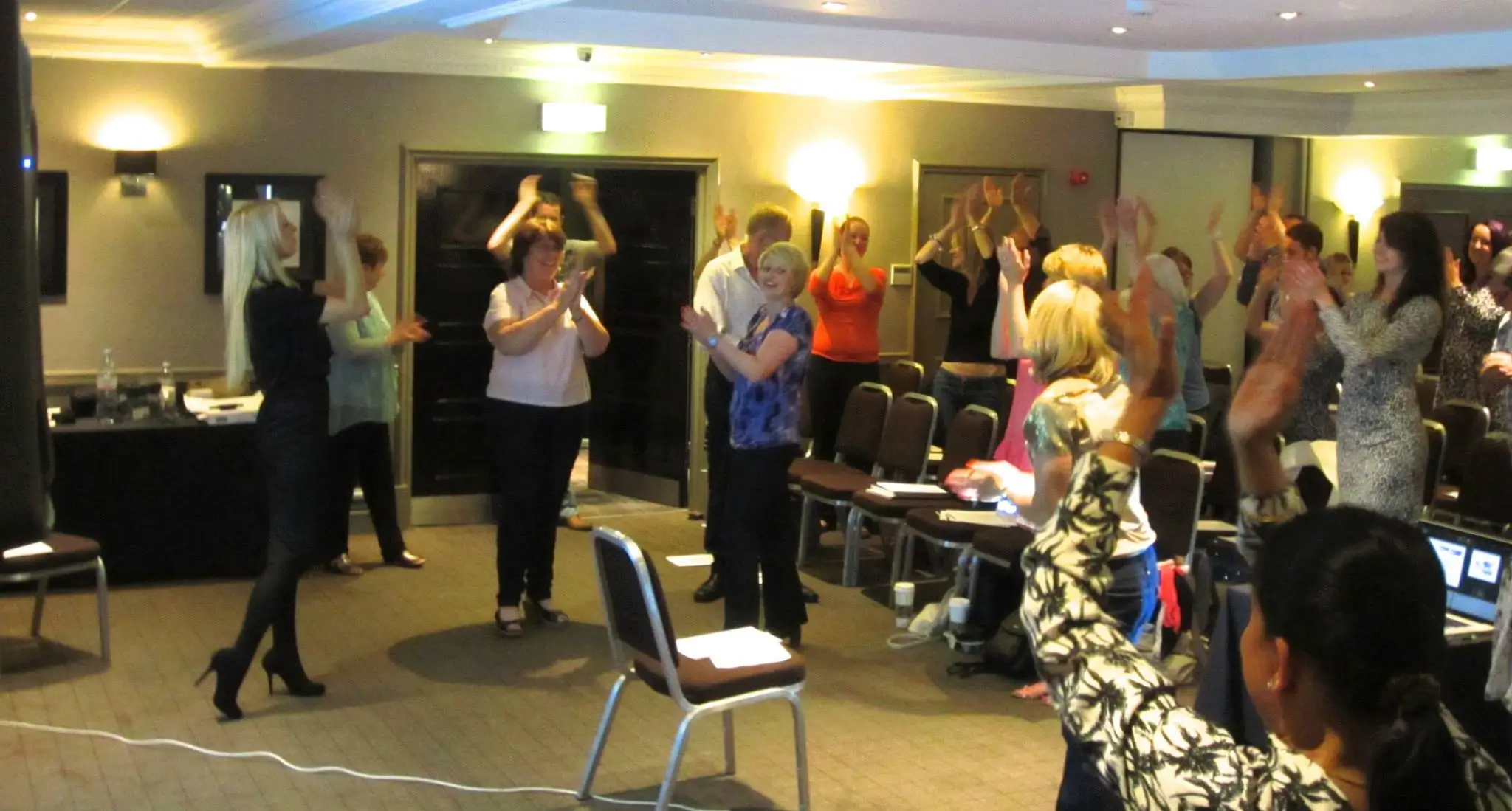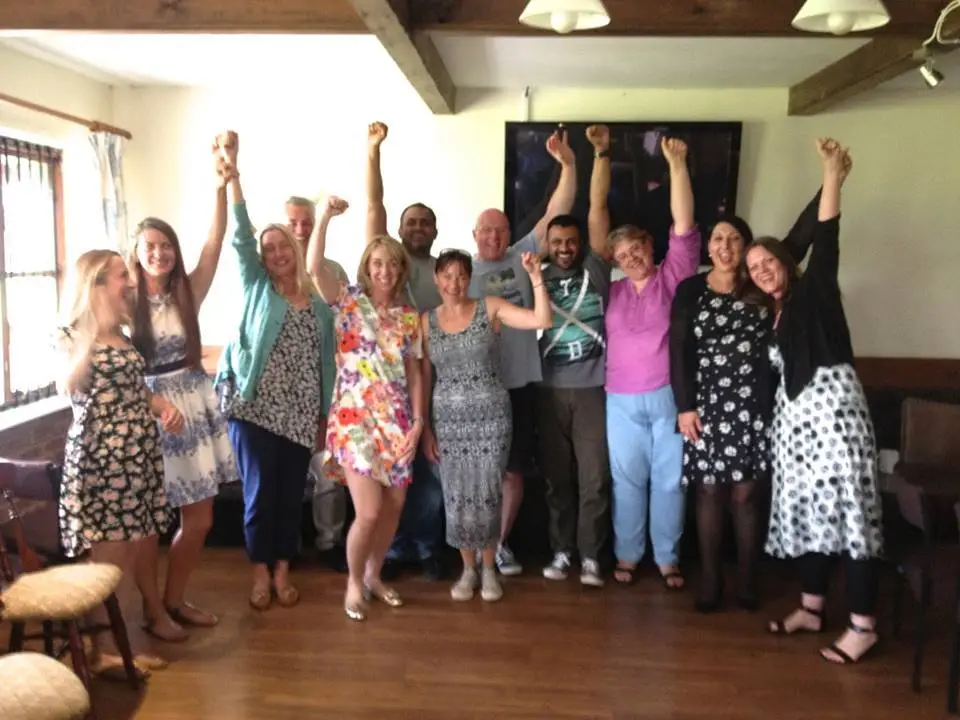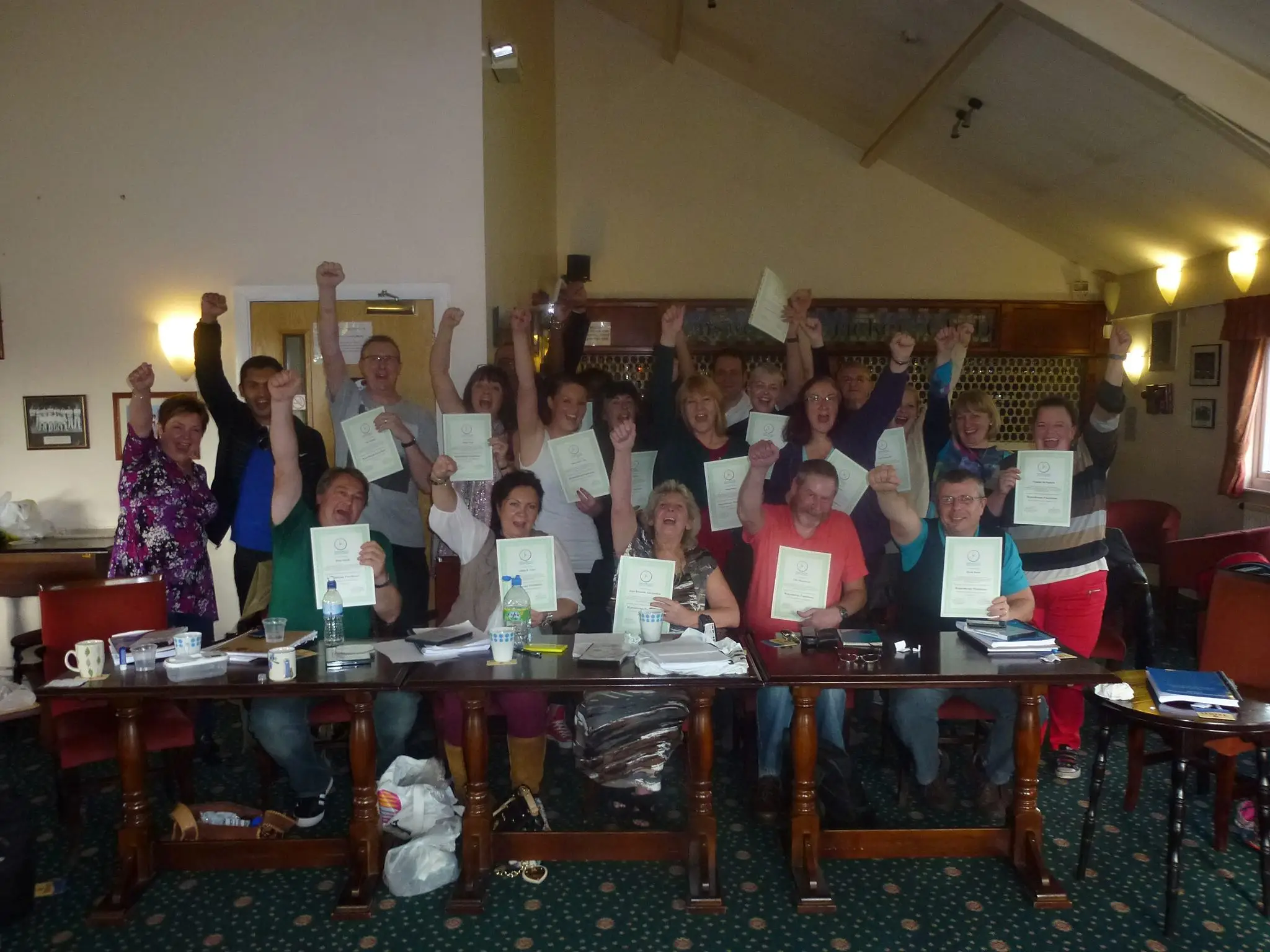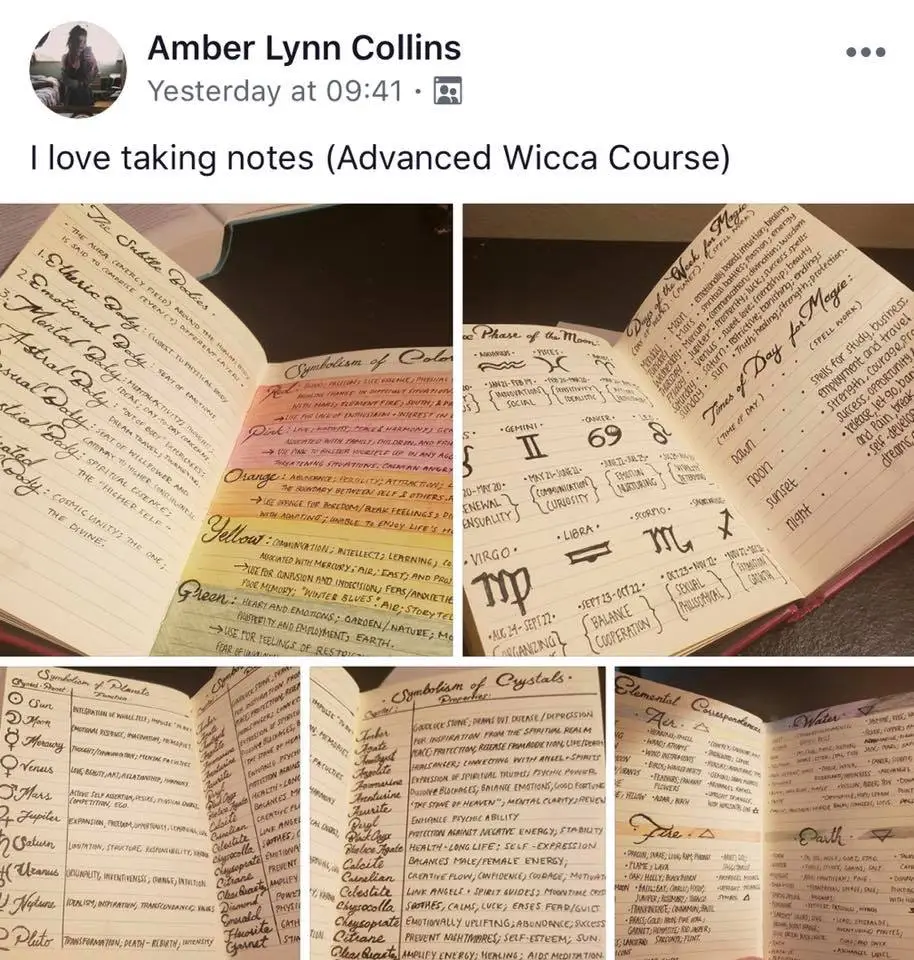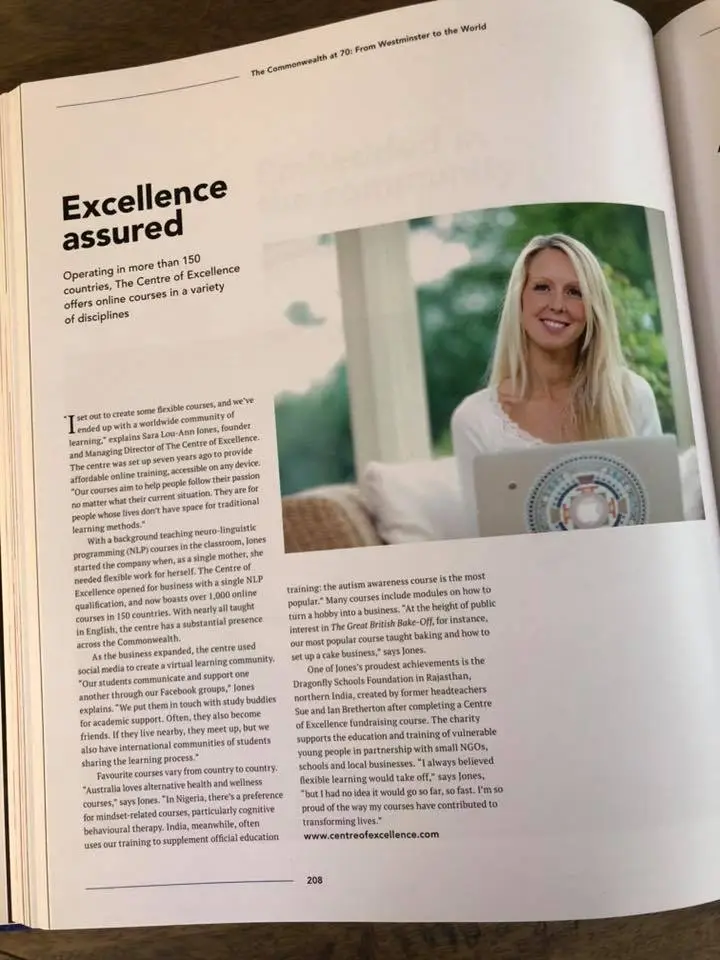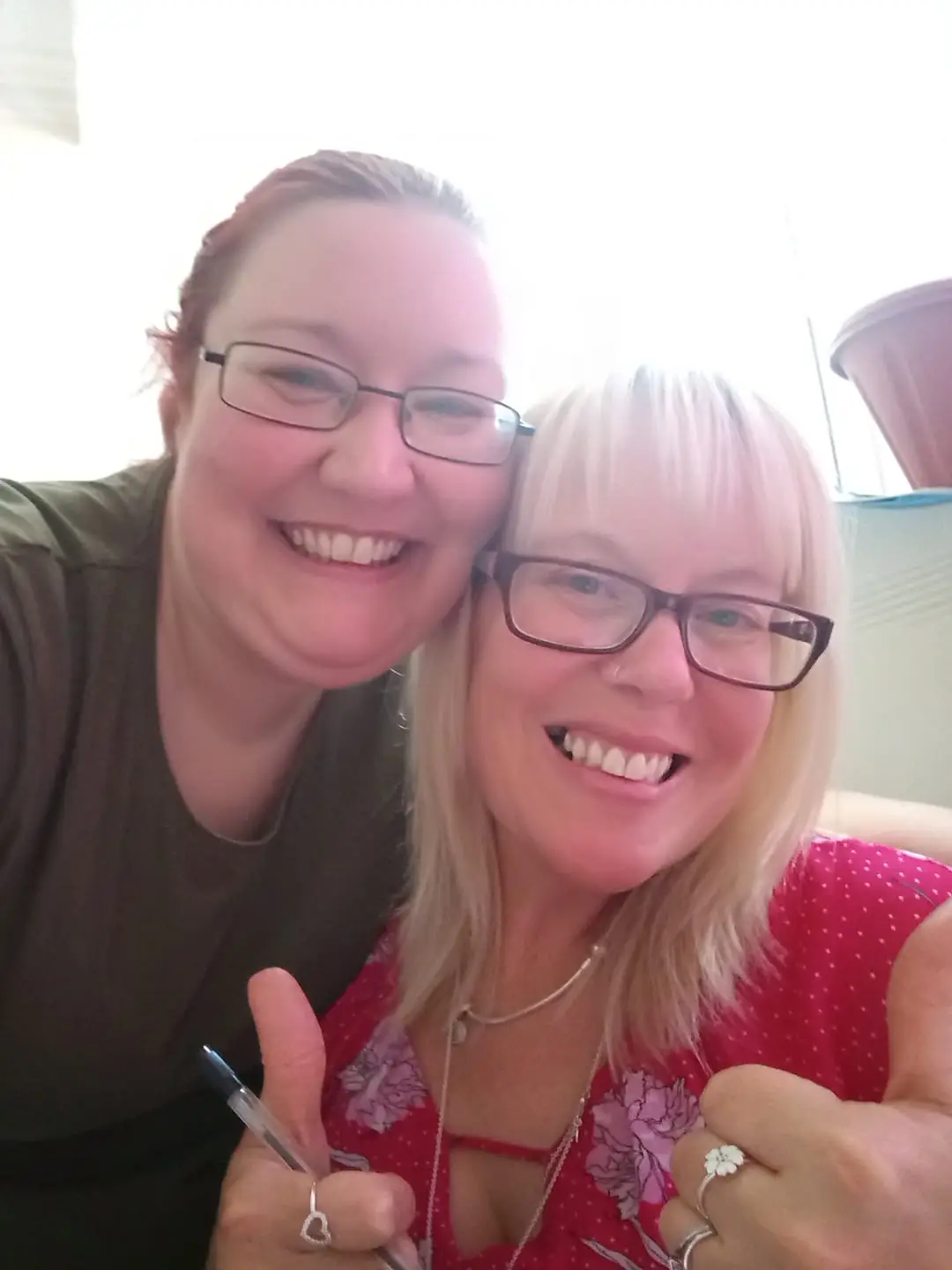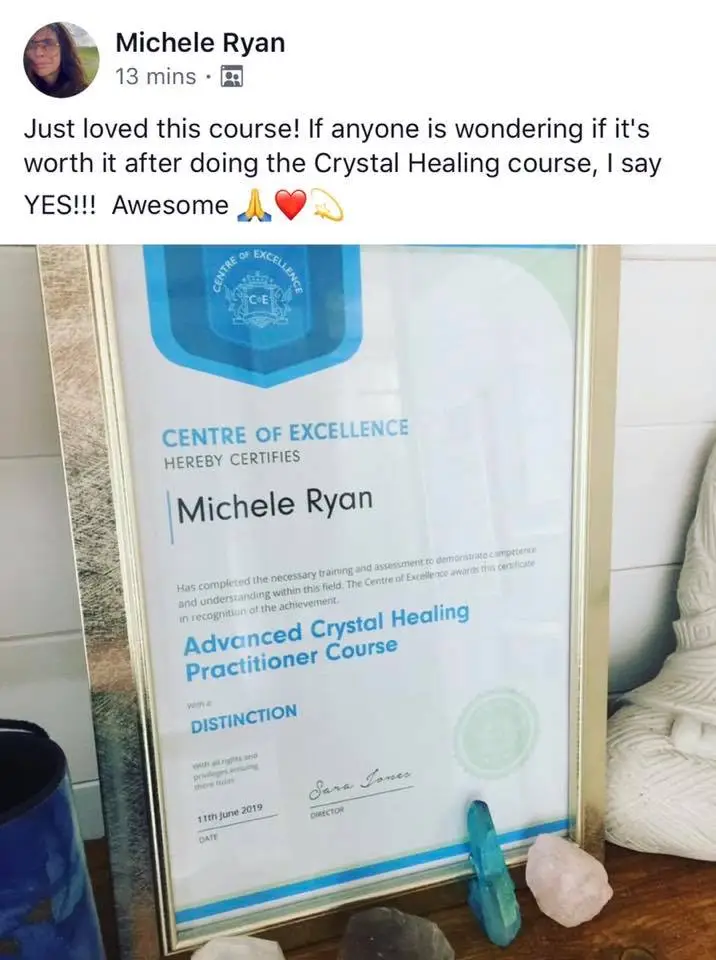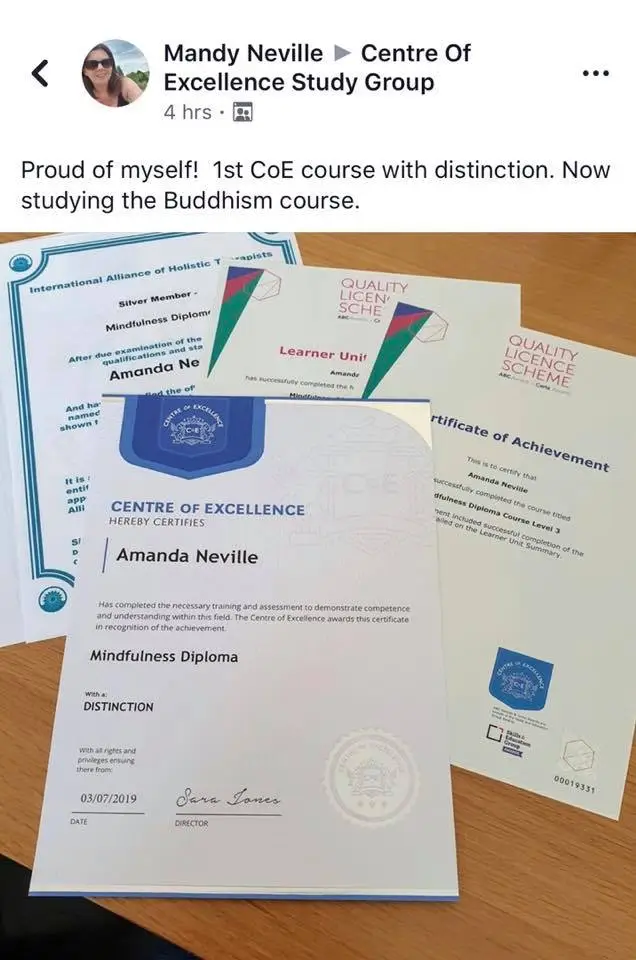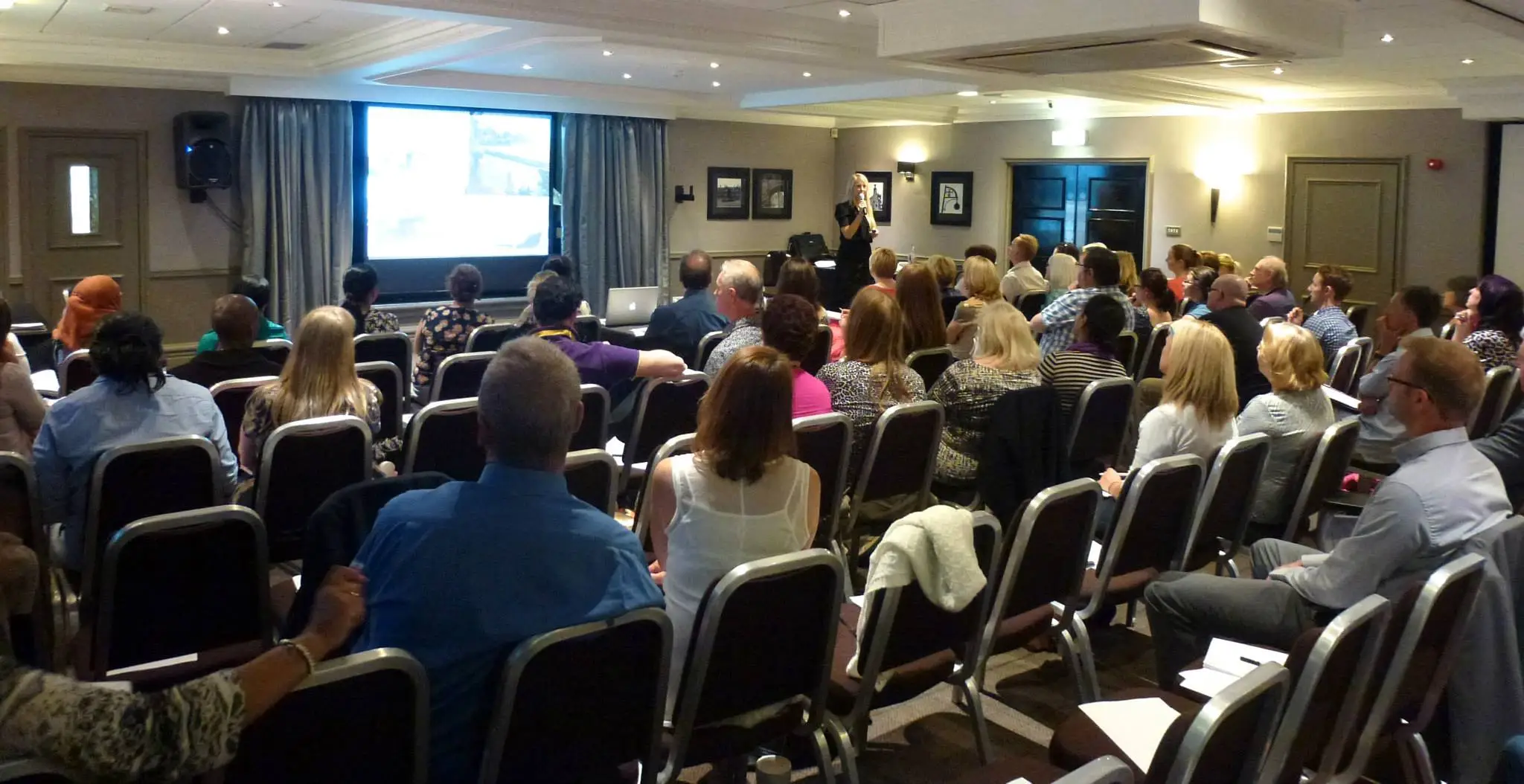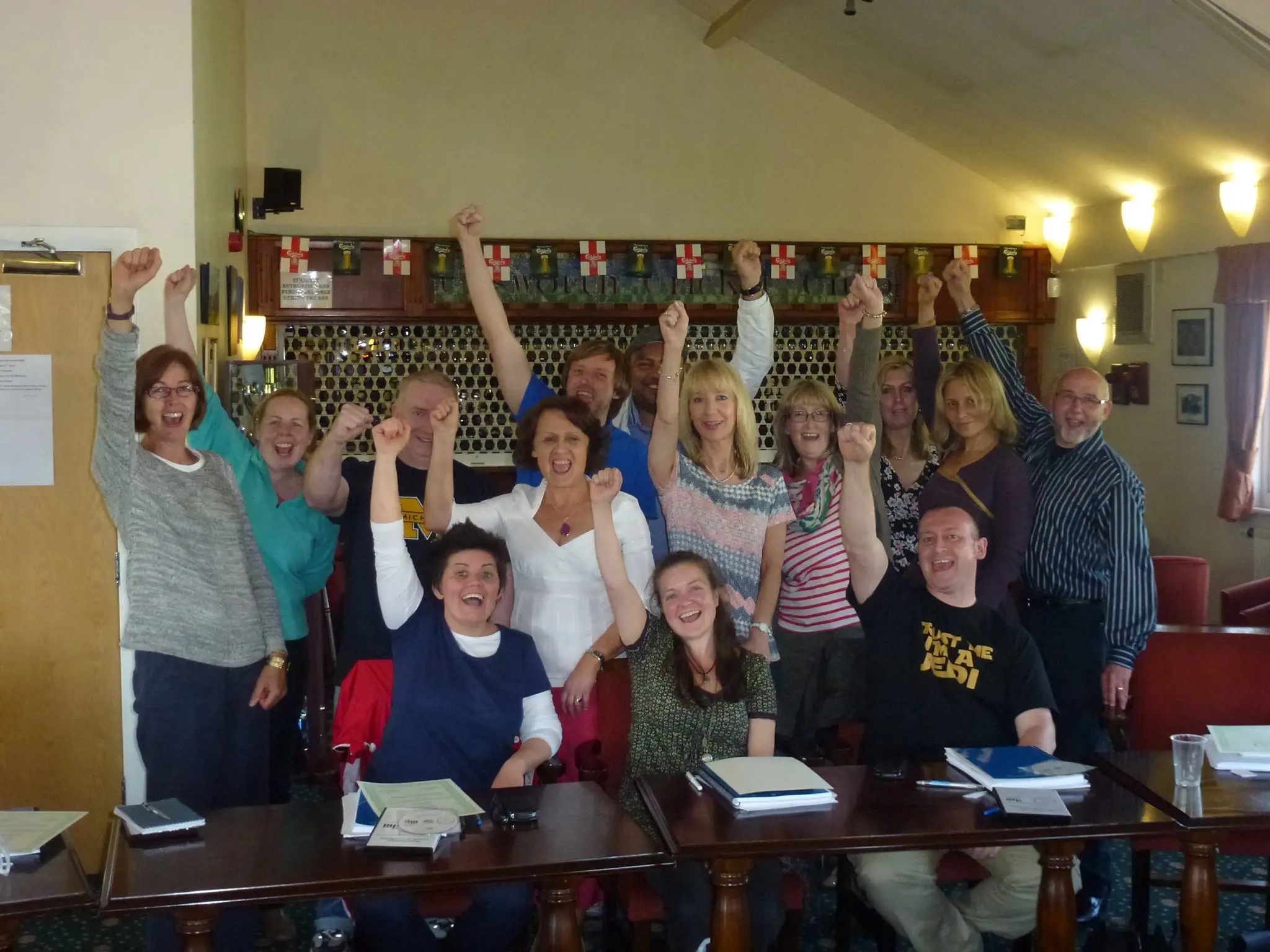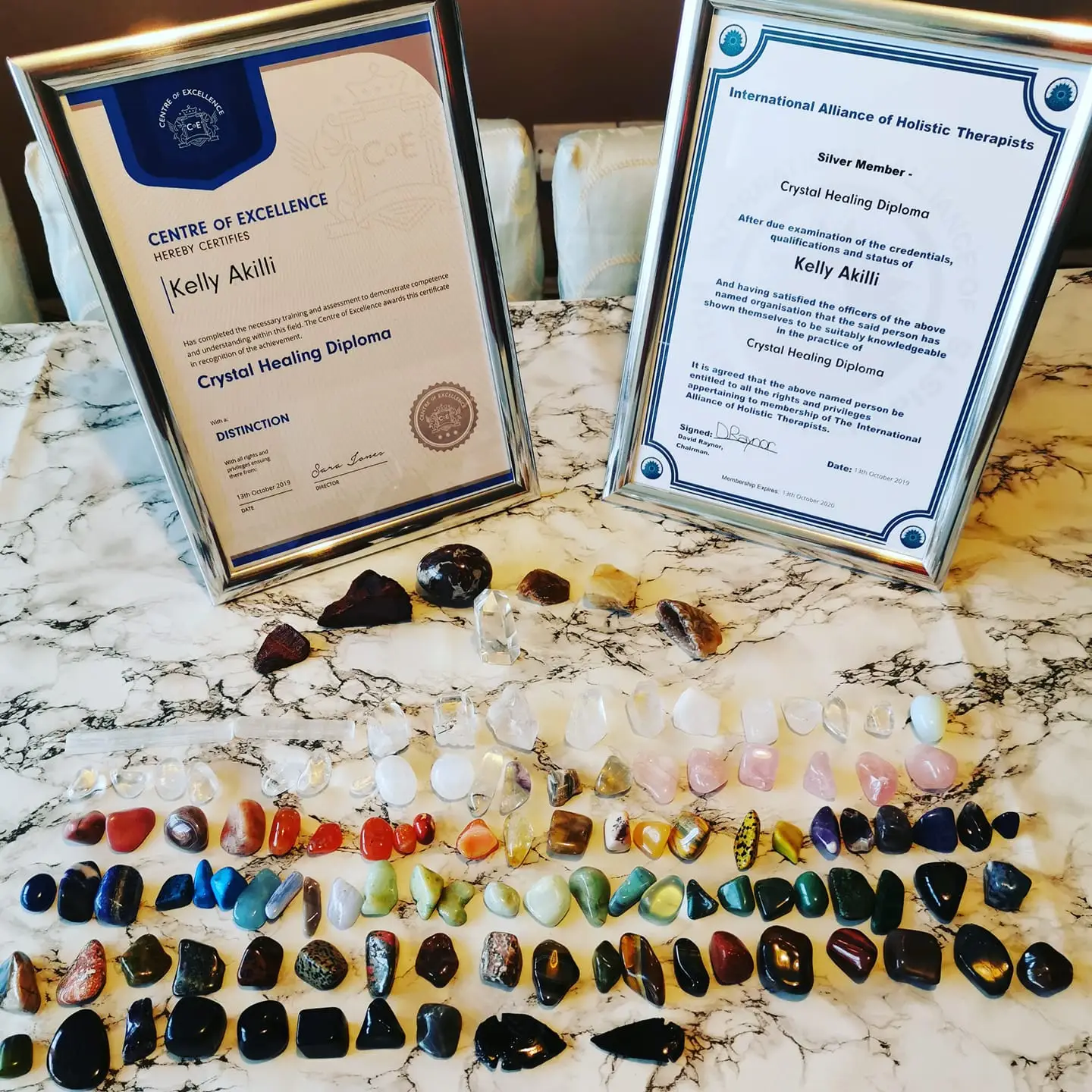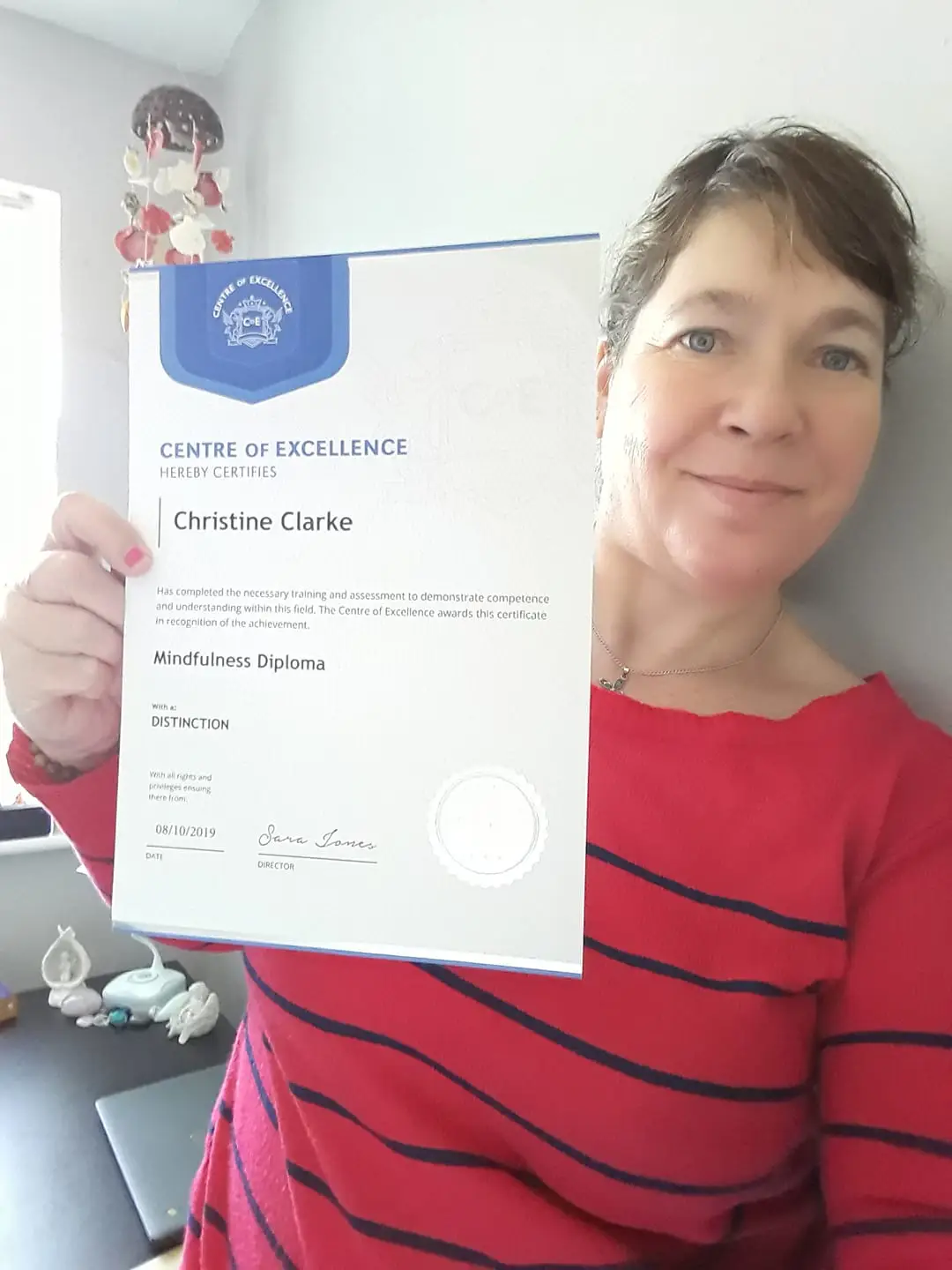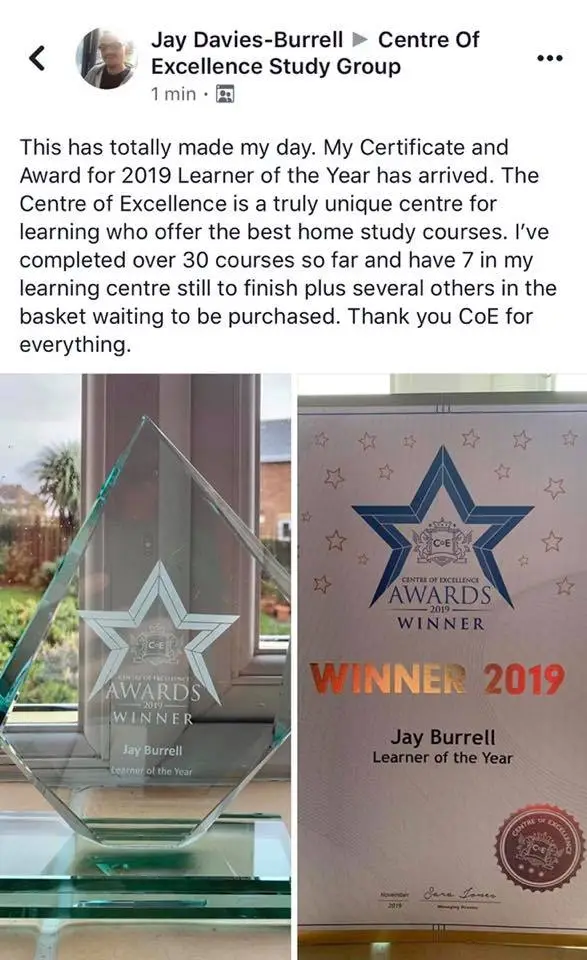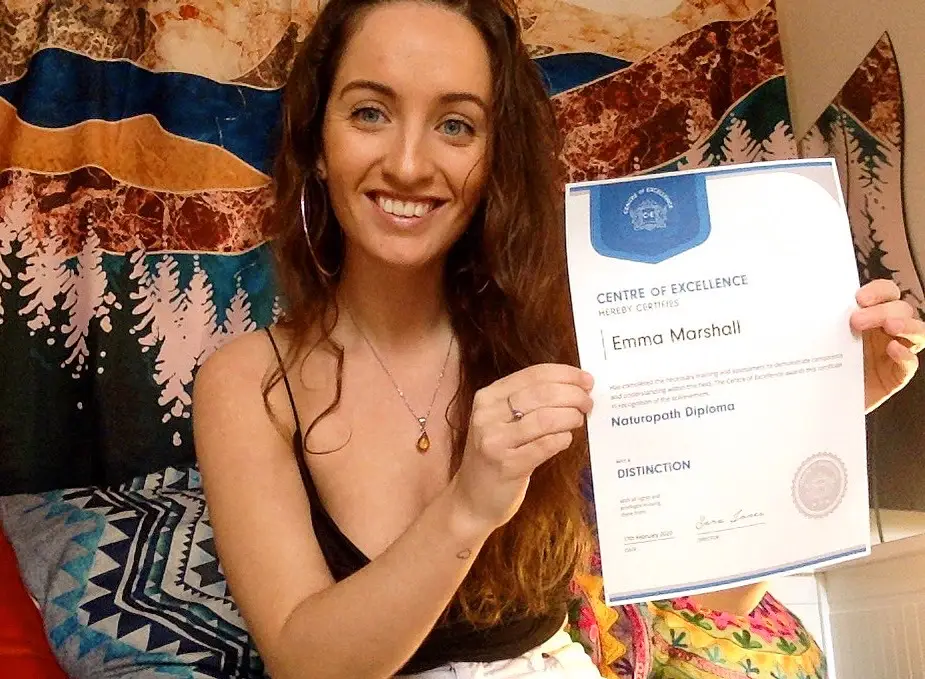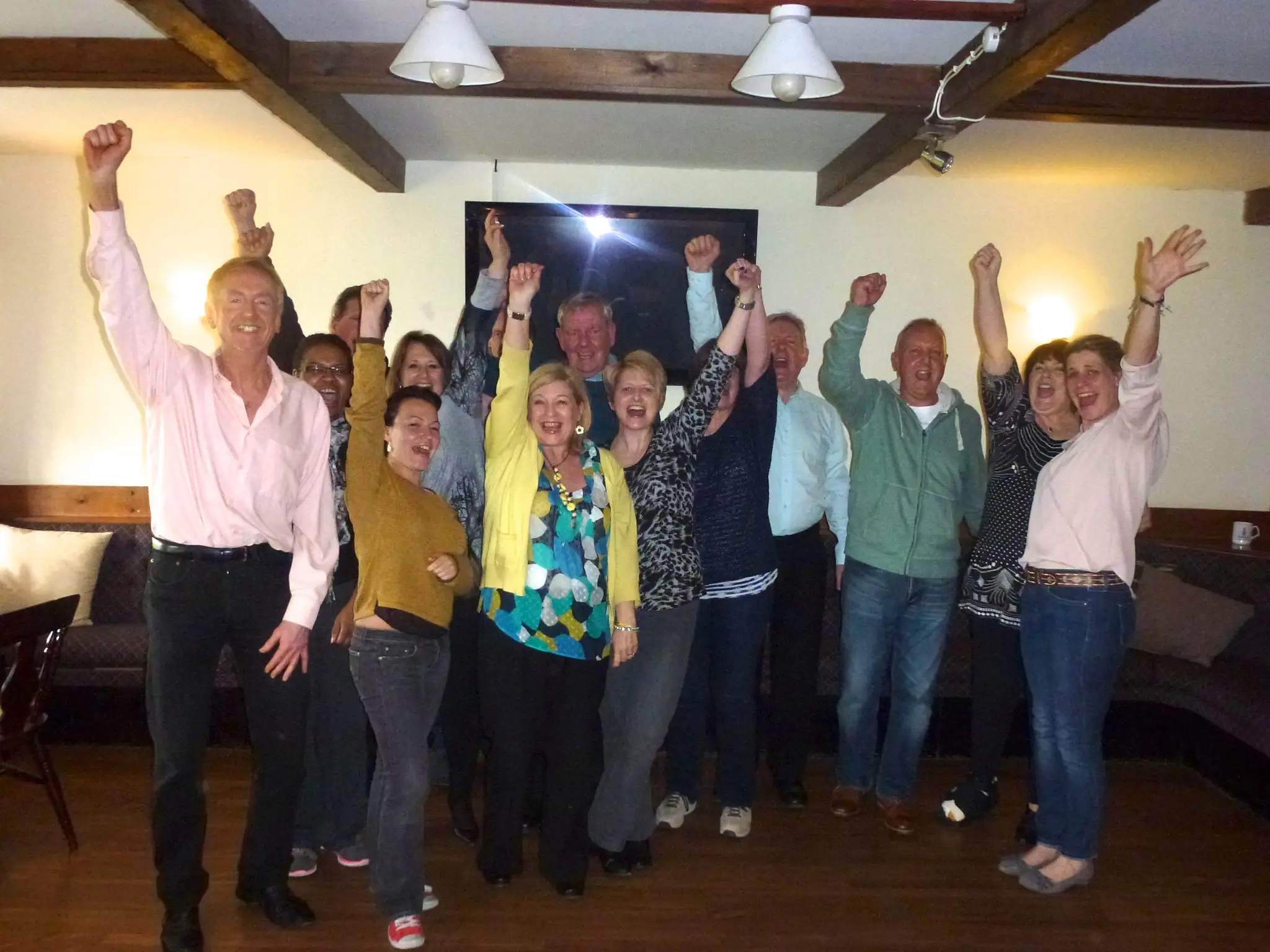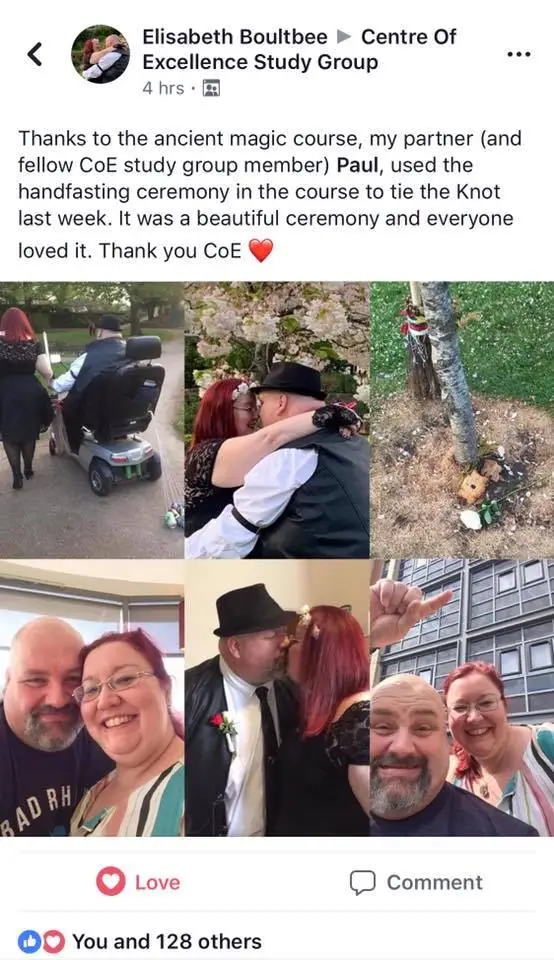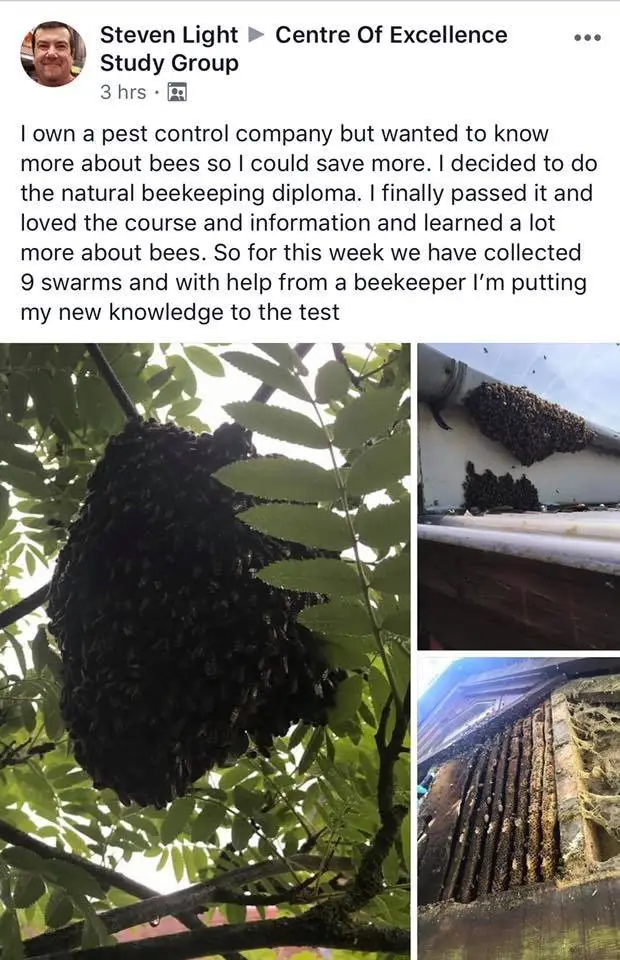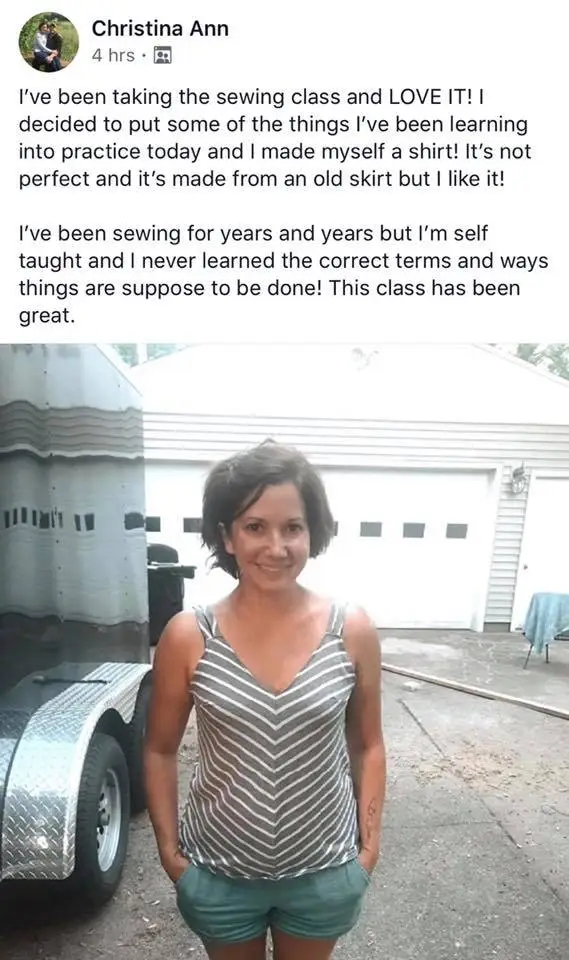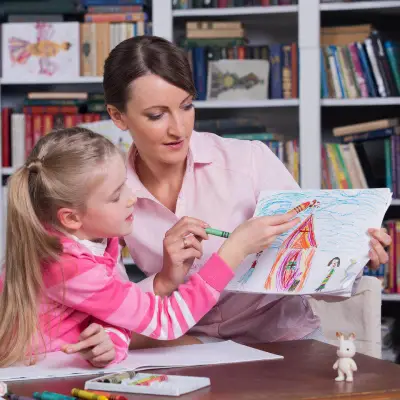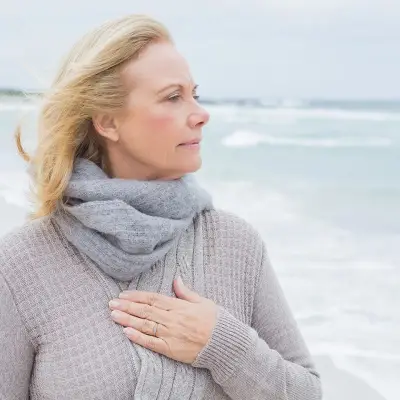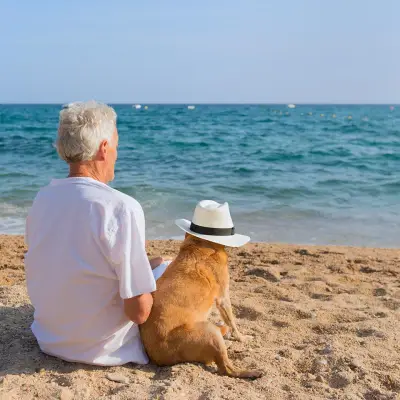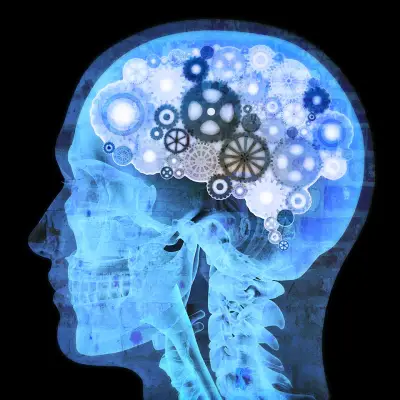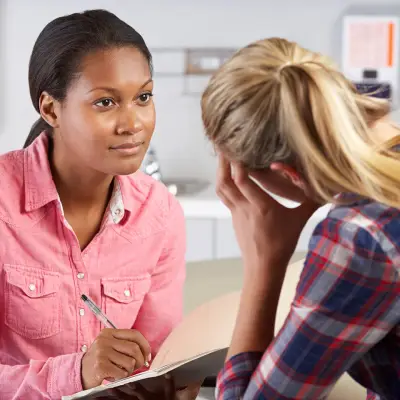The Grief and Bereavement Counselling Diploma Course will take you up to 150 hours to complete, working from home. There is no time limit for completing this course, it can be studied in your own time at your own pace. This is a Level 3 course and will give you 150 CPD (Continued Professional Development) points.
Upon completion of your course assessments, you receive 2 certificates. A certificate from the Centre of Excellence and a CPD certificate displaying the number of CPD points earned from the course.
Many Centre of Excellence courses are Fully Accredited by the world’s leading professional membership association for natural medicine – The Complementary Medical Association (The CMA).
You can apply to join The CMA as a Student Member while you are still studying, and if you do so you will be eligible to use the post nominal letters SCMA after your name.
Upon graduation from a CMA Registered course you will be eligible to apply for CMA Membership and this will give you numerous professional benefits including being able to use the letters MCMA after your name – Member of The Complementary Medical Association. This will demonstrate your commitment to excellence and professionalism in the natural healthcare field.
Register with The CMA as a Student or fully qualified Practitioner via The CMA website where you will be asked to submit your certificate of graduation, and proof of insurance.
The CMA’s recommended insurers are Westminster global.
This course is endorsed by the Quality Licence Scheme. Therefore, upon successful completion of this course, learners can also receive a certificate of achievement from Quality Licence Scheme and a Learner Unit Summary, which lists the details of all the units the learner has completed as part of the course. (This certificate is optional and costs an additional £25).
The Quality Licence Scheme is part of the Skills and Education Group, a charitable organisation that unites education and skills-orientated organisations that share similar values and objectives. With more than 100 years of collective experience, the Skills and Education Group’s strategic partnerships create opportunities to inform, influence and represent the wider education and skills sector.
The Skills and Education Group also includes two nationally recognised awarding organisations; Skills and Education Group Awards and Skills and Education Group Access. Through their awarding organisations they have developed a reputation for providing high-quality qualifications and assessments for the education and skills sector. They are committed to helping employers, organisations and learners cultivate the relevant skills for learning, skills for employment, and skills for life.
Their knowledge and experience of working within the awarding sector enables them to work with training providers, through the Quality Licence Scheme, to help them develop high-quality courses and/or training programmes for the non-regulated market.



